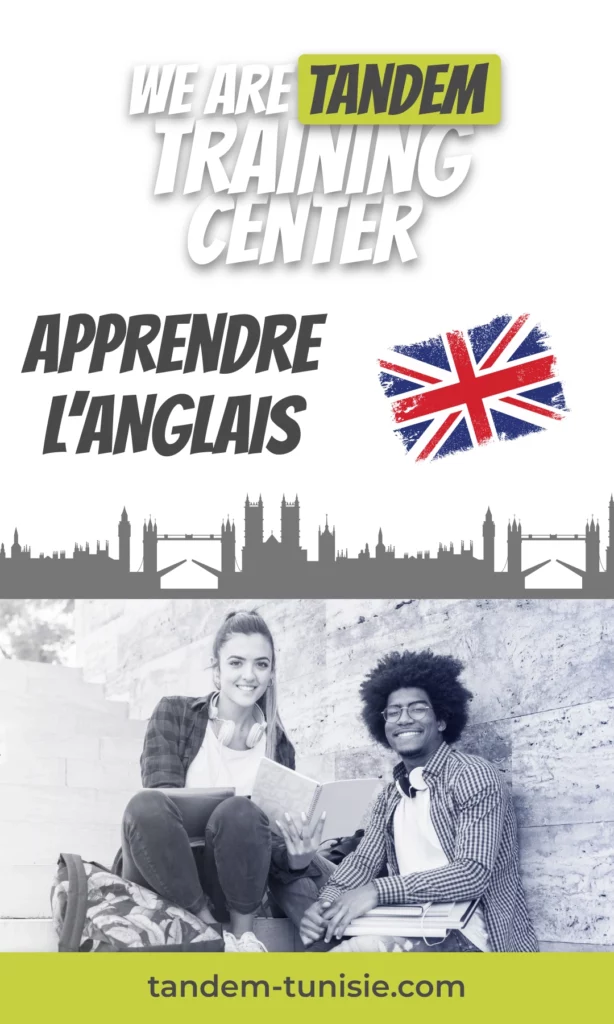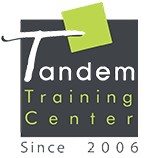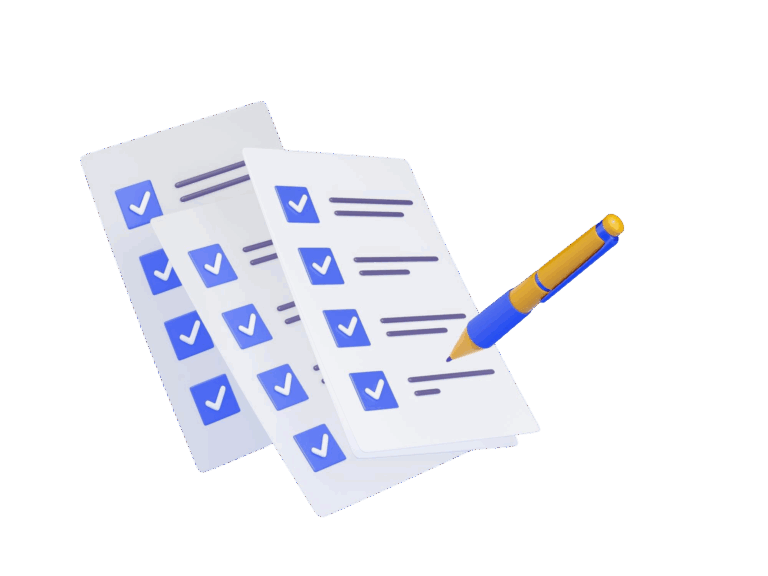
Cours d’anglais adaptés à vos besoins
Pourquoi choisir nos cours d’anglais ?
Avec Tandem, vous bénéficiez d’un apprentissage progressif, interactif et encadré par des enseignants expérimentés. Que vous soyez débutant ou avancé, nous vous aidons à atteindre vos objectifs personnels, académiques ou professionnels.
- Flexibilité : cours du soir, le weekend ou en ligne.
- Niveaux progressifs : du A1 au C1.
- Méthodologie interactive : exercices pratiques et mises en situation.
- Attestation : certificat délivré en fin de formation.

Session Mars 2026
Cours d’anglais (A1 à B2)
Progressez vers l’indépendance linguistique.
Tous nos cours d’anglais du soir sont conçus pour aider les apprenants à progresser étape par étape, du niveau débutant (A1) jusqu’au niveau avancé (B2). Chaque formation combine grammaire, vocabulaire, compréhension orale et écrite, ainsi qu’expression fluide et naturelle à l’oral. Les cours sont animés par des formateurs expérimentés dans un environnement moderne et convivial, avec des groupes à taille réduite favorisant la participation active.
Pour plus d'informations :
| Intitulé du cours | Cours Anglais (A1 à B2) |
| Niveau | Tous les niveaux |
| Public concerné | Adultes et étudiants souhaitant améliorer leur maîtrise de l’anglais, quel que soit leur niveau initial |
| Durée | 7 semaines (30 heures) |
| Fréquence | 2 séances par semaine (2h chacune) |
| Tarif | 280 TND pour chaque sous-niveau |
| Format | En présentiel (salles modernes et équipées) |
| Objectifs | Acquérir et renforcer les bases grammaticales, élargir le vocabulaire, améliorer la compréhension orale et écrite, et développer l’expression fluide et naturelle |
Ils ont progressé avec Tandem

@amou
Grâce aux cours du soir, j’ai pu améliorer rapidement mon anglais et décrocher un poste à l’international !

@karimba
Le programme intensif weekend m’a aidé à préparer mon IELTS en seulement 3 mois.

@YasmineCH
n accompagnement personnalisé et une méthode interactive qui donnent confiance.

